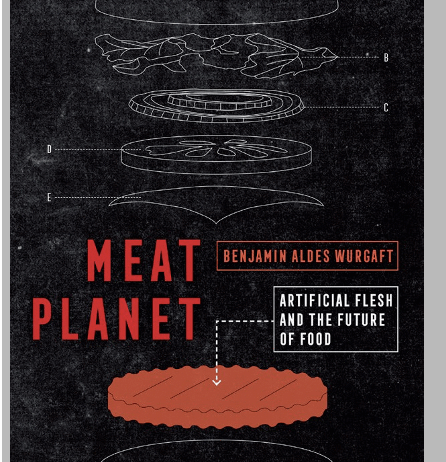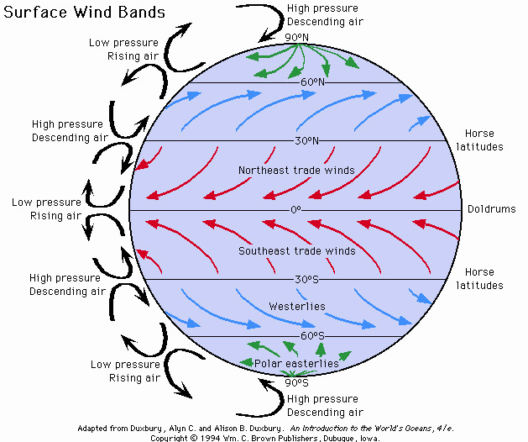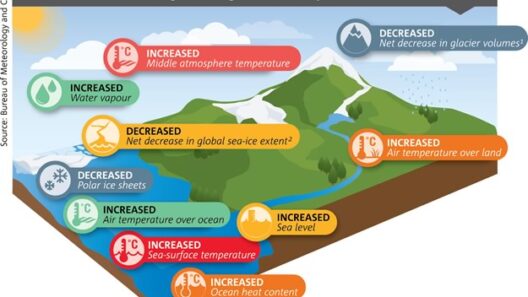Can our appetite for meat be cooking the planet? The question serves not merely as an inquiry but as a poignant challenge to confront our culinary choices and their cascading effects on the environment. The increasing global demand for meat is undeniably contributing to climate change, and understanding the mechanisms behind this phenomenon reveals alarming insights. This exploration is vital as we navigate a world increasingly beleaguered by the ramifications of greenhouse gas emissions, deforestation, and unsustainable farming practices.
The environmental impact of meat consumption hinges primarily on methane emissions, water resource depletion, and land use changes. Livestock production accounts for a staggering percentage of global greenhouse gas emissions. Methane, a potent greenhouse gas with a global warming potential more than twenty times greater than carbon dioxide over a 100-year period, is primarily released during the digestive processes of ruminant animals such as cows and sheep. The relationship between meat production and these emissions elucidates a troubling reality: as our craving for red meat accelerates, so too does our contribution to the planet’s warming.
Moreover, the environmental burden extends beyond emissions alone. The agriculture sector relies heavily on water, particularly for livestock farming. It takes approximately 1,800 gallons of water to produce just one pound of beef, illustrating the resource-intensive nature of meat production. As freshwater sources dwindle due to pollution and over-extraction, the urgency to reassess our dietary inclinations becomes more pressing. The ramifications of water scarcity not only affect ecosystems but also impact millions of people globally who rely on these dwindling supplies for their livelihoods.
Transitioning to livestock farming, we find that land use—a significant factor in biodiversity loss—cannot be overlooked. The clearing of forests for pastureland and crop production to feed animals is a leading cause of deforestation, resulting in habitat destruction that endangers countless species. The implications are profound; as we eradicate biodiversity, the resilience of ecosystems is compromised, further amplifying the threats posed by climate change. Thus, the question rests: are our meat-based diets contributing to an ecological crisis that could unravel the very fabric of our planet’s health?
Considering the interplay of dietary choices and ecological integrity, it is imperative to examine alternatives. Plant-based diets present a compelling solution, potentially reducing greenhouse gas emissions and alleviating pressure on land and water resources. Shifting our focus from animal proteins to plant-based options could result in significant environmental benefits. For instance, legumes and grains require fewer resources, resulting in lower emissions and a smaller environmental footprint. It’s not merely a matter of reducing meat consumption; it’s about revolutionizing our conception of sustenance.
Moreover, the challenge extends beyond individual choices to systemic changes in how food is produced and distributed. Governments and corporations possess the power to influence dietary trends through policy making, subsidies, and educational programs promoting sustainable practices. The growth of vertical farming and lab-grown meat technologies exemplifies innovative strides towards more sustainable production methods. These innovations not only promise to mitigate environmental impact but also aim to provide equitable access to nutritious food for a growing population.
Of course, the cultural significance of meat cannot be dismissed. Culinary traditions and societal norms often intertwine meat consumption with identity, making transitions complex and requiring sensitivity and understanding. Engaging communities in dialogue about sustainable eating practices ensures that conversations around food remain inclusive and respectful of diverse cultural heritages. The challenge lies in reconciling tradition with sustainability, and that calls for creativity in fostering new culinary norms.
Furthermore, the educational aspect cannot be overlooked. Public awareness campaigns are essential in illuminating the facts about the environmental impacts of meat consumption. Information about the carbon footprint associated with various foods can help consumers make informed choices. By encouraging a shift towards plant-based diets through education and outreach, society at large can embrace more sustainable eating habits.
As we grapple with the enormity of climate change, every individual’s contribution counts. Engaging in mindful consumption—wherein we scrutinize not just what we eat but also where and how it is produced—can catalyze the necessary changes for a sustainable future. Plant-based diets are not only viable but also increasingly accessible, appealing to a broad spectrum of taste preferences and lifestyles.
Ultimately, redefining our appetite for meat may hold the key to limiting the ecological footprints we leave behind. The challenge is multifaceted, urging us to reconsider societal norms, embrace innovation, and nurture a more profound understanding of our food systems. As our global population continues to rise, the imperative for sustainable practices becomes increasingly critical. The question remains, can we find a path forward that harmonizes our appetites with the health of our planet? Transformative change is not only possible but necessary, ensuring that future generations inherit a thriving world.
In closing, the pursuit of sustainability in our diets represents a pivotal frontier in the fight against climate change. As we choose our meals, it’s essential to acknowledge the interconnectedness of food systems and planetary health. By collectively reimagining our consumption patterns, we can challenge the status quo and forge a healthier, more sustainable future for ourselves and the environment. The time for inquiry is now, but the time for action is even more pressing.







